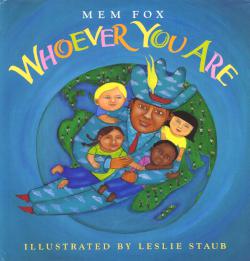Posts
11+ Non-verbal reasoning - completing the square
- Get link
- Other Apps
Wycombe Abbey 11+ interviews
- Get link
- Other Apps

Based in Asia? Is your daughter trying Wycombe 11+ entry? Usually, you would be planning at trip to the UK but not this year! Here is what to expect in 2020. 1: An individual and group interview Individual interviews are a chance for your daughter to really show where her interests lie. Is she a musician? Be excited about that. A scientist? What has she been trying recently? An artist? What is she working on. The group interview is where your daughter will be able to demonstrate her critical thinking skills. As a member of a group, she will need to join in, be active and engage with others. At Brandon, we hold regular debates because many of our students need a bit of encouragement in order to speak up. 2: An online CAT4 test Your daughter will have an online assessment which will test her on: verbal non-verbal spatial quantitative reasoning The test is designed to assess aptitude but familiarity with verbal and non-verbal reasoning is helpful. So how do you prepare? Easy! our onl
Understanding non-verbal reasoning- completing squares
- Get link
- Other Apps
Non-Verbal Reasoning - Tackling sequences questions - bonus video from PreQuest!
- Get link
- Other Apps
A book about kindness for young readers...
- Get link
- Other Apps

If you aren't familiar with the Australian children's writer Mem Fox, you are really missing out. Her stories centre on kindness, something that we could all do with more of in these fraught times. In my absolute favourite Wombat Divine, wombat is excluded from the nativity because he falls asleep, walks too slowly or can't keep up. In Whoever you Are, we also explore difference but with humans rather than animals. The book describes the ways in which people may look different but still experience the same pain. I strongly recommend it for anyone with children between 3 - 6. Thought provoking and lovely. A perfect starting off point for discussing inclusion with your family. If you don't want to read yourself, the link above also leads to an audio book!
UCAS Applications
- Get link
- Other Apps

Dreaming of Oxbridge? If you are applying to UK universities, you might want to consider the following: ORGANISATION 1: Oxbridge applications need to be in by October 15th 2: Check your course requirements; do you need to do extra exams e.g. the TSA? If so, your school will need to register you. If you can't get back to school, you can register with the British Council and take the various tests as an external candidate. UCAS 1: You can apply for up to five universities (including either Oxford or Cambridge) 2: You get one personal statement. In theory, you could apply for five different subjects but writing your statement is going to be a challenge! THE STATEMENT 1: You get 4000 characters to play with. 2: The statement needs to cover a few areas: why you have chosen your course, how you have developed your academic interests (including reading), how your school work or experience has contributed to your interest in your course. 3: You can add in a few lines about your non-acade